Vitamin D quick test for home use – CE certified test method
With this vitamin D quick test you can determine your vitamin D level in laboratory quality directly at home. All you need is the test kit, a few drops of blood and your smartphone. You will receive the result on your cell phone after just 15 minutes.
How the vitamin D rapid test works
The test uses antibodies to measure the amount of vitamin D in the blood. A special technology makes it possible to read this accurately via a smartphone. To do this, you need to mix blood with a solution and within 15 minutes colored lines appear on a test strip. The smartphone can then measure the color intensity and display the exact result. The test method is certified and was developed in collaboration with an accredited German laboratory.
The Vitamin D rapid test from kiweno has a measuring range of 5-100 ng/ml (12-250 nmol/l) 25(OH)-vitamin D.
Is my smartphone suitable for the test?
On kiweno.com/vitd-schnelltest you can find all models and operating systems that are compatible with the test. If your device is not on the list, it is recommended to borrow a suitable phone from friends or family.
Note: Before purchasing this product, also download the Vitamin D quick test app to your phone. Here you can download the kiweno vitamin d app:
Download from Google Play Store
Contents of the quick test
- Detailed instruction manual
- Additional guidance in the free kiweno Vitamin D app with video instructions.
- Blood sample collection utensils
- Test kassete for applying the sample
- Precise result available in the app in just 15 minutes
- Vitamin D calculator for personal dosage
- CE certification for quality and safety
I checked my vitamin D level. What do my results say?
When you get your vitamin D levels checked, it’s important to understand what the results mean and what steps you may need to take. The blood test that measures your vitamin D is called a 25(OH)D blood test. You can use the test results to find out if you have too little, too much, or the right amount of vitamin D in your body. This will help you decide if you should take more or less supplements or expose your skin to the sun longer.
The results of the vitamin D rapid test should be interpreted as follows:
0-10 ng/ml – severe deficiency
11-30 ng/ml – deficiency
31-100 ng/ml – optimal supply
> 100 ng/ml – overdose
Your benefit
You’ll get a clear vitamin D result from the Vitamin D Quick Test, accompanied by clear recommendations for action to improve your well-being.
In the app, you can also track all your vitamin D results over time. This allows you to check the effectiveness of your supplementation measures and keep an eye on your vitamin D levels in the long term.
Scope of delivery
Included in the delivery of the Vitamin D rapid test is the test kit including all necessary components and instructions. A smartphone is not included in the scope of delivery.
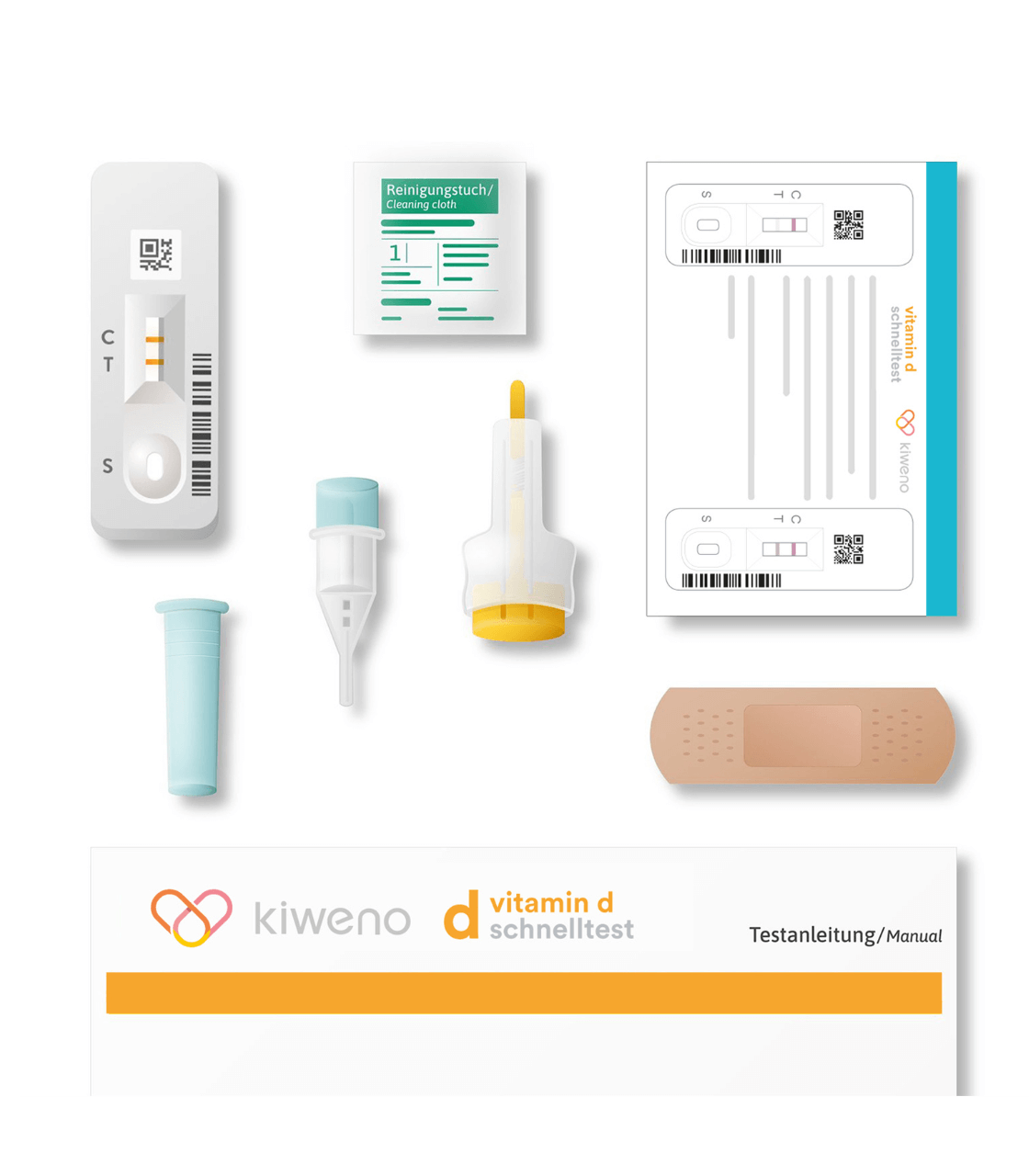
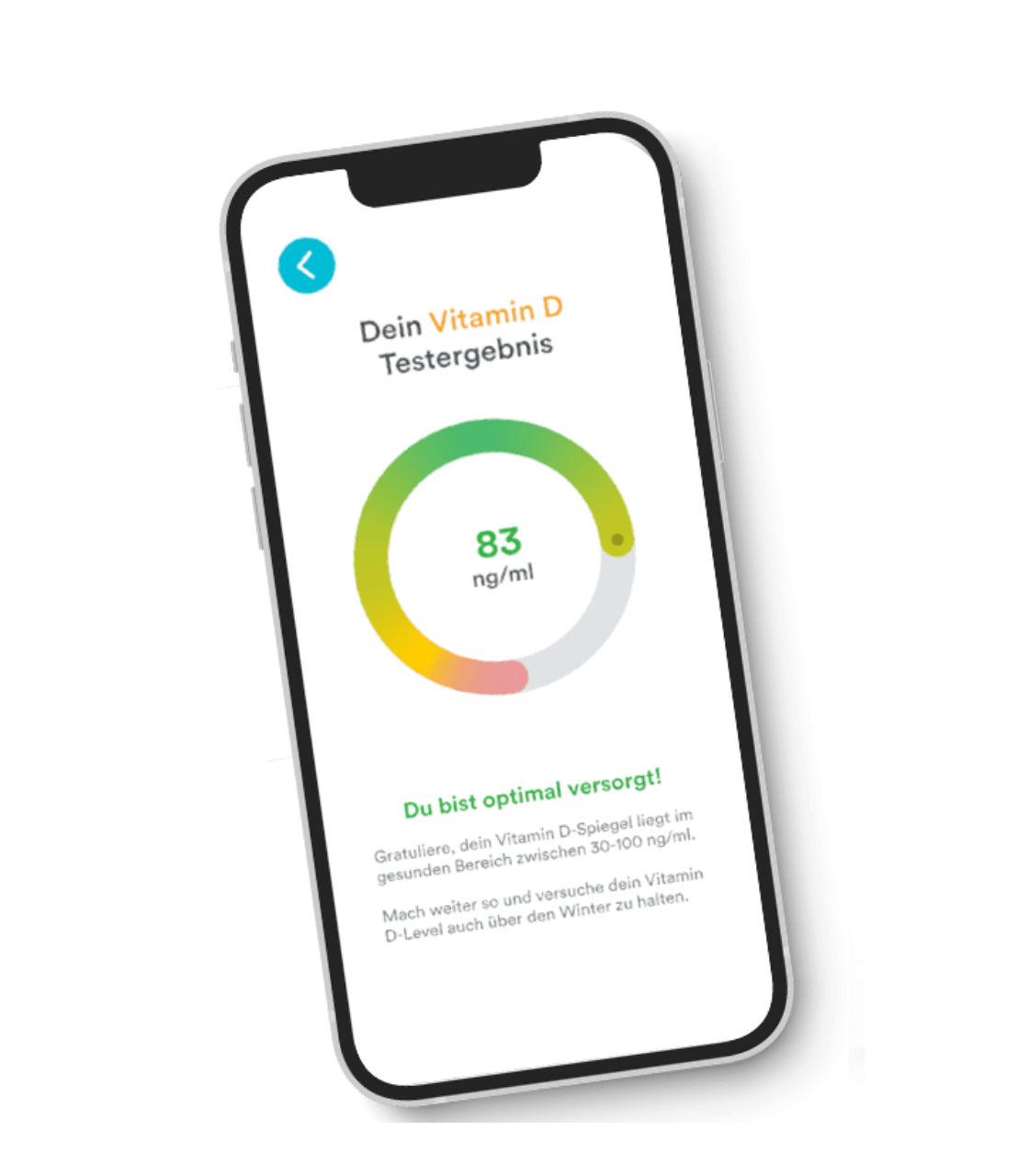
FAQ about the Vitamin D quick test
The results of the vitamin d rapid test should be interpreted as follows:
0-10 ng/ml – severe deficiency
11-30 ng/ml – deficiency
31-100 ng/ml – optimal supply
> 100 ng/ml – overdose
Attention
The interpretation of the measured value may differ from this table depending on individual health and physical conditions. If you have any questions about the interpretation of your reading or your treatment (vitamin D supplementation), please contact your doctor or pharmacist. Sources:
- Bischoff-Ferrari HA (2014) Optimal serum 25-hydroxyvitamin D levels for multiple health outcomes. In Sunlight, vitamin D and skin cancer (Advances in experimental medicine and biology), Reichrath J (ed) pp 500-25. New York: Springer-Verlag.
- Gupta AK, Jamwal V, Sakul & Malhotra P (2014) Hypervitaminosis D and systemic manifestations: A comprehensive review. J. Int. Med. Sci. Acad. 27: 236-237.
- Kimball SM, Mirhosseini N & Holick MF (2017) Evaluation of vitamin D3 intakes up to 15,000 international units/day and serum 25-hydroxyvitamin D concentrations up to 300 nmol/L on calcium metabolism in a community setting. Dermatoendocrinol. 9: e1300213.
The Vitamin D Rapid Test is composed of a rapid immunological test that uses specific antibodies to identify vitamin D (25(OH)-vitamin D). This test is used in combination with a smartphone app that quantitatively evaluates the result based on the color intensity of the control and test bands. The result is displayed exclusively on the smartphone used and stored there.
The Vitamin D app is supported by the following devices and operating systems.
* Apple devices require an operating system of version 10 or higher
* Android devices require an operating system of version 5 or higher
The Kiweno Vitamin D app is supported by the following devices and operating systems.
- Apple devices require an operating system version 10 or higher
- Android devices require an operating system version 5 or higher
The vitamin D rapid test can detect vitamin D levels with a high degree of reliability. The process was developed by kiweno with its parent company Immundignostik AG . A comparative study by Immundiagnostik AG (download) shows that the values measured using the rapid test method are very comparable with the laboratory measurements (measurement using mass spectrometry, ELISA). The kiweno Vitamin D Rapid Test uses the same rapid test procedure as the Preventis SmarTest Vitamin D used in the study. Nevertheless, incorrect results may occur in individual cases.
What to do in case of questionable results?
If results are questionable, further clinical testing should be performed. As with all diagnostic tests, a final determination should not be made based on a single result, but only after the clinical picture has been fully clarified by the supervising physician.
The Vitamin D rapid test has a measuring range of 5-100 ng/ml 25(OH)-Vitamin D. The test detects 25(OH)-vitamin D2, 25(OH)-vitamin D3, 1,25(OH)2-vitamin D2 and 1,25(OH)2-vitamin D3.
There is no cross-reactivity to 1,24(OH)2-vitamin D2, 1,24(OH)2-vitamin D3, or 3-epi-(OH)-vitamin D3.
The test result of the kiweno Vitamin D rapid test is not influenced by bilirubin, triglycerides, cholesterol, vitamin B12 or vitamin C.
For repeated measurements with one rapid test batch, the coefficient of variation is 25.8%; for repeated measurements with different rapid test batches, the coefficient of variation is 3-37%. A comparative measurement of 27 patient samples using the Schenlltest method and the reference method LC-MS/MS (liquid chromatography-mass spectrometry/mass spectrometry) showed very good agreement between the two methods (87.5%).
The data collected with the vitamin D quick test is only available on your smartphone. There is no transmission of the measured values. Only for product improvement, anonymous data, such as crashes, are transmitted to the company kiweno.

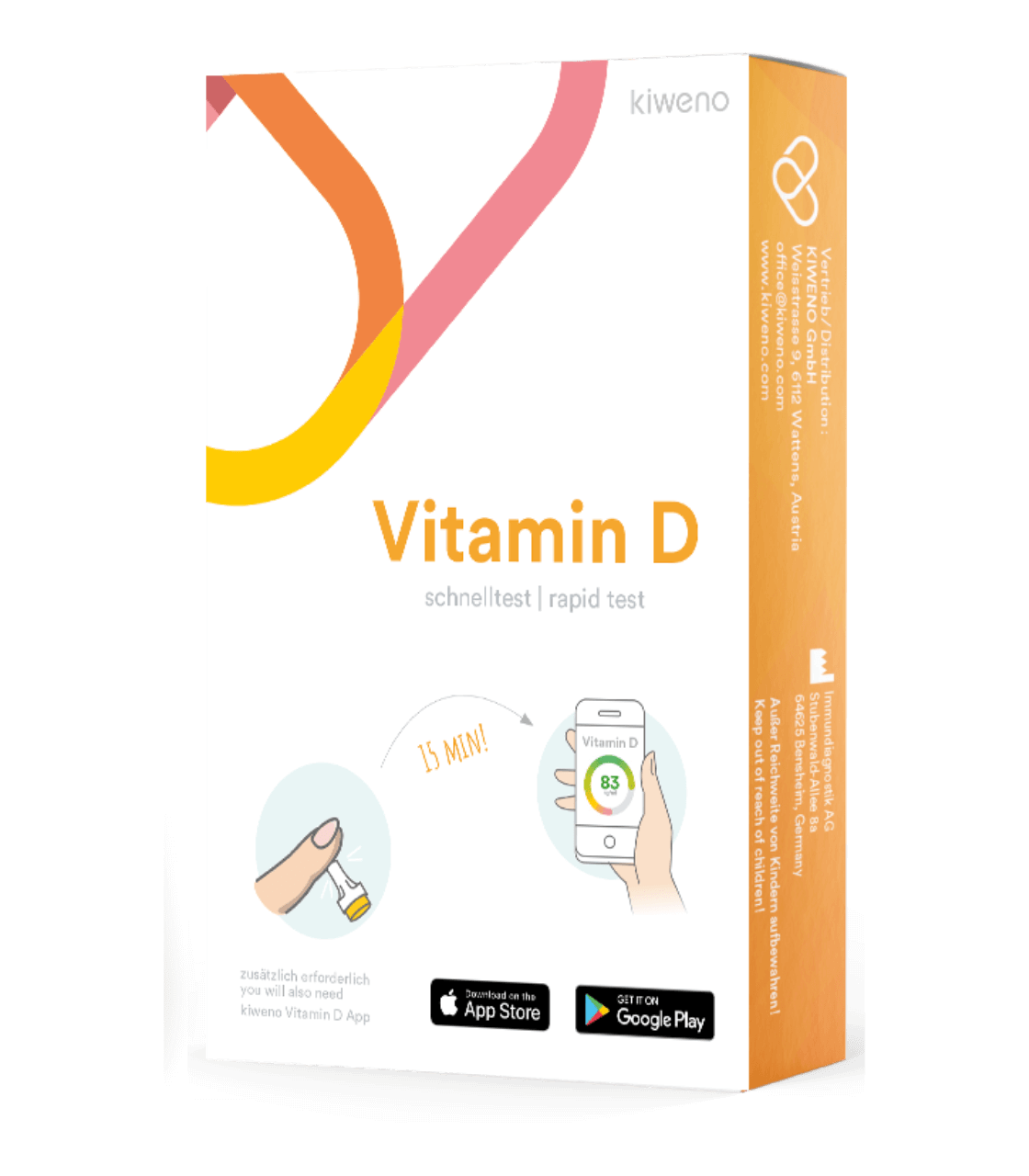


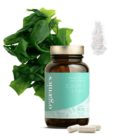
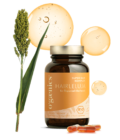
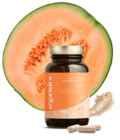
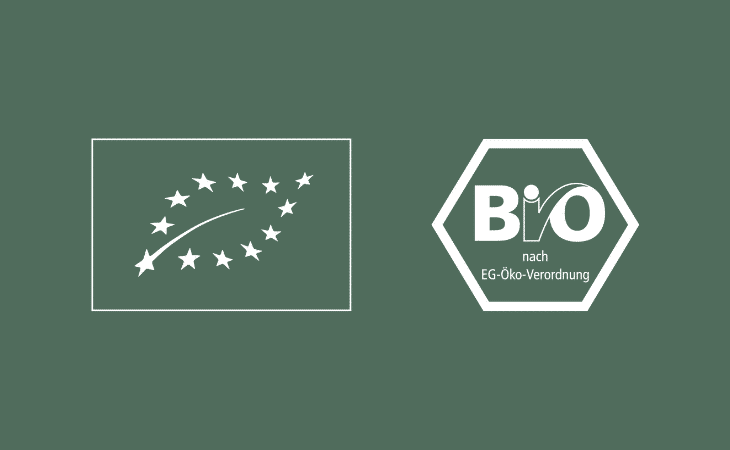




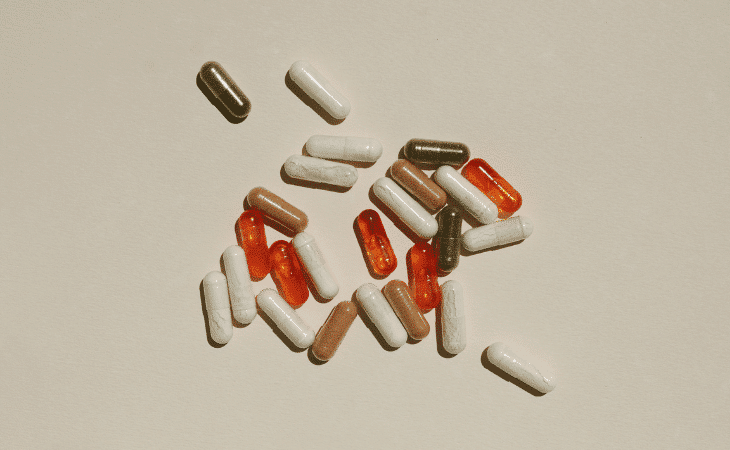


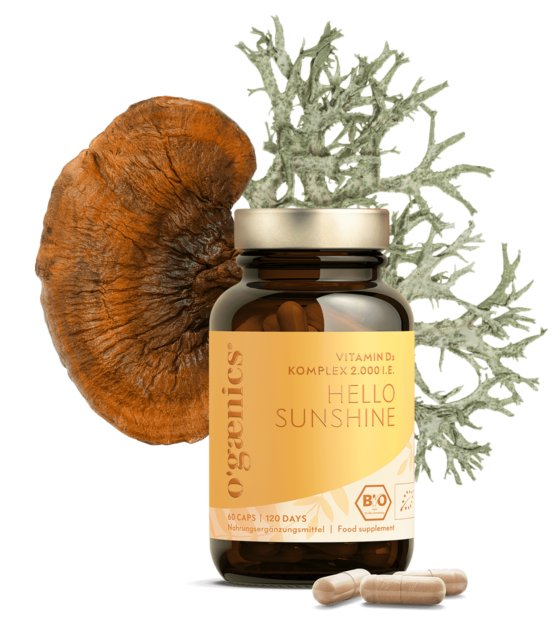
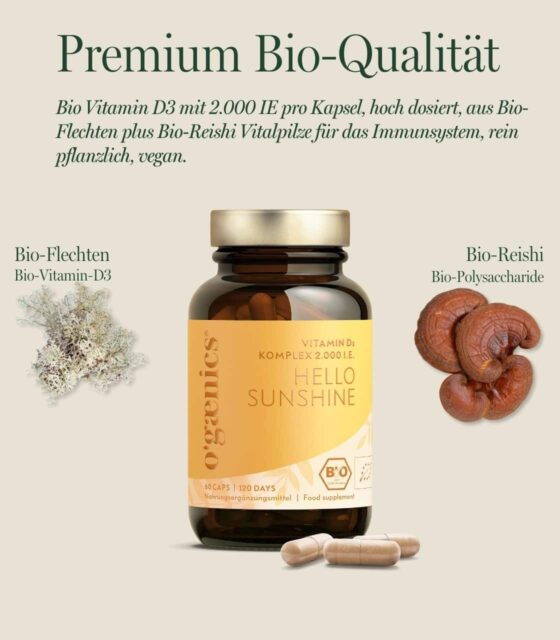
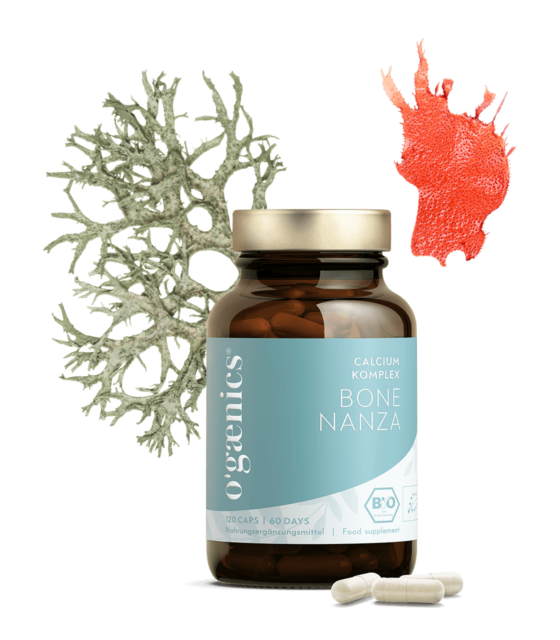
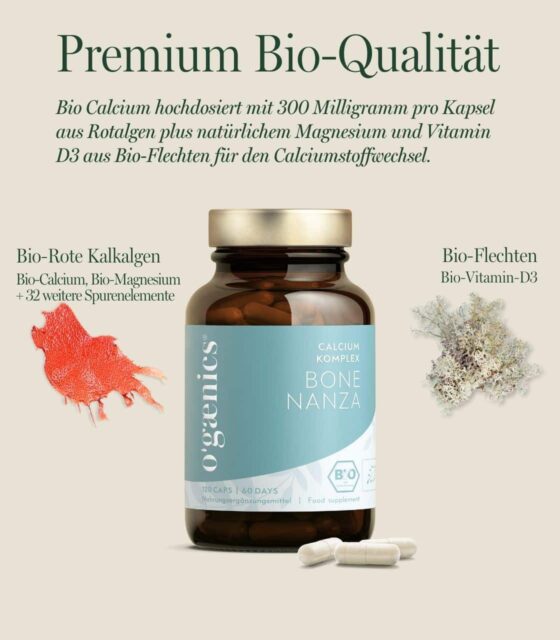
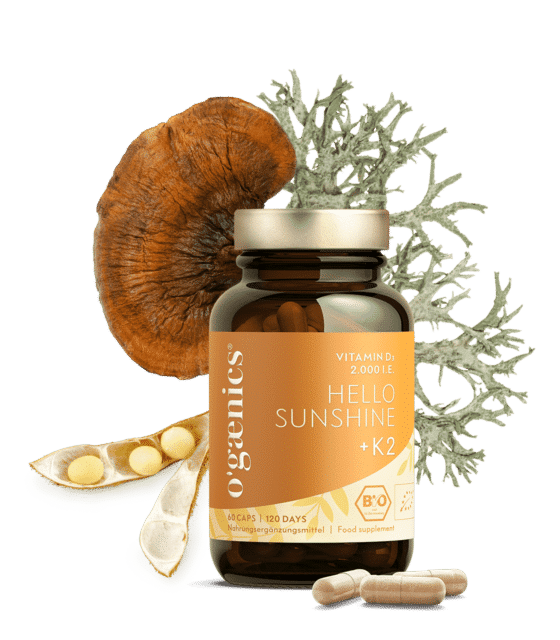
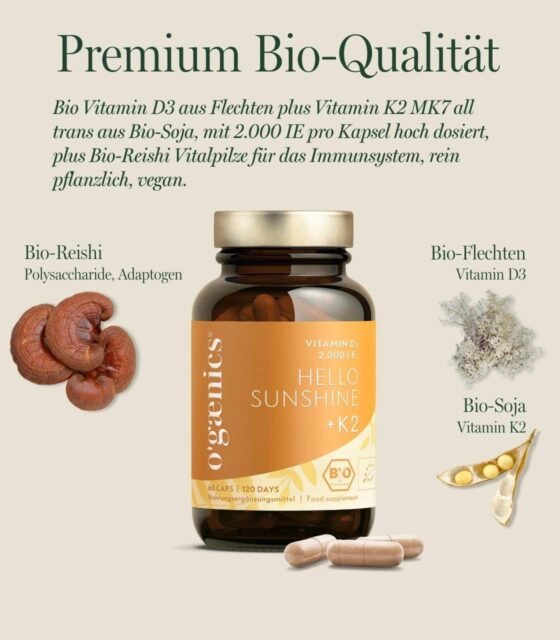
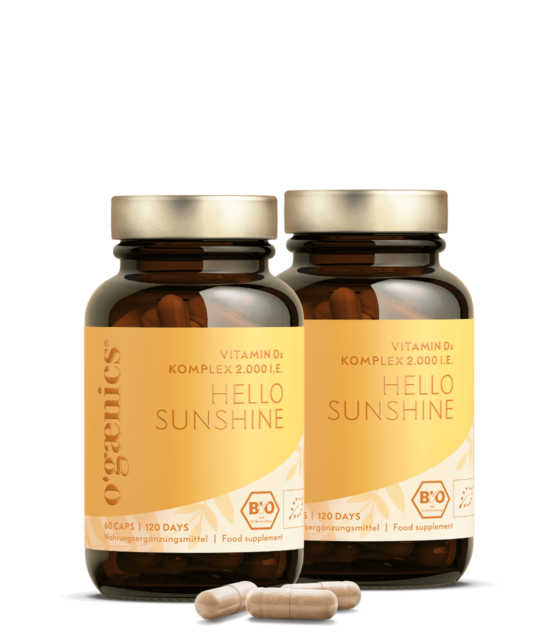

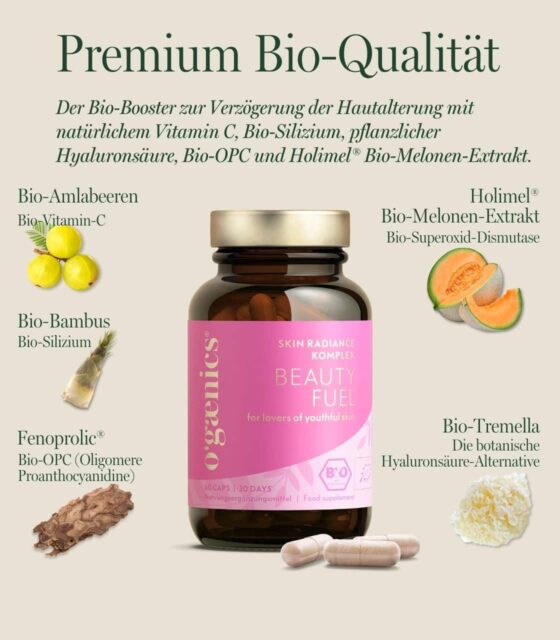
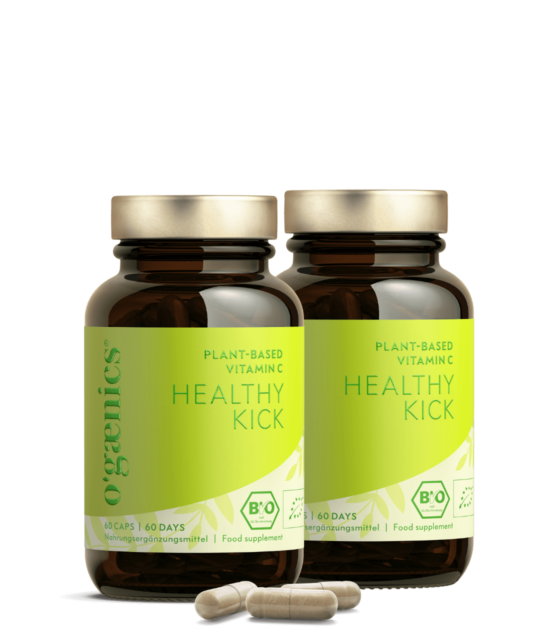
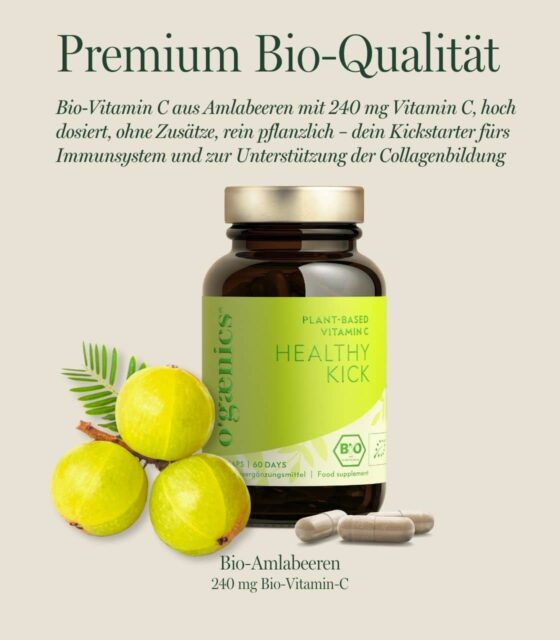
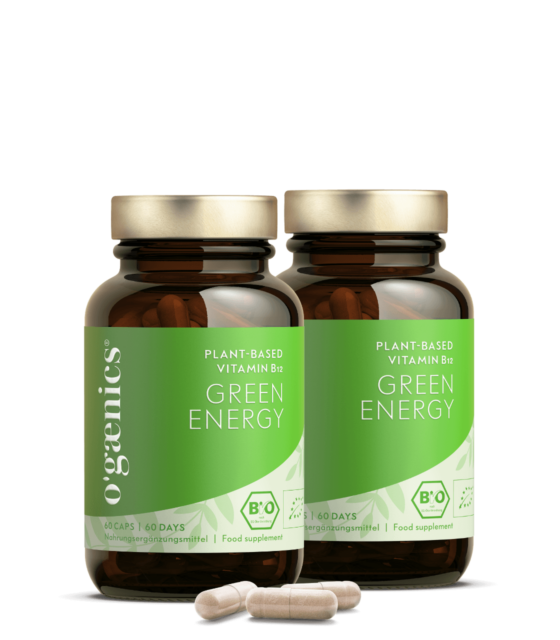
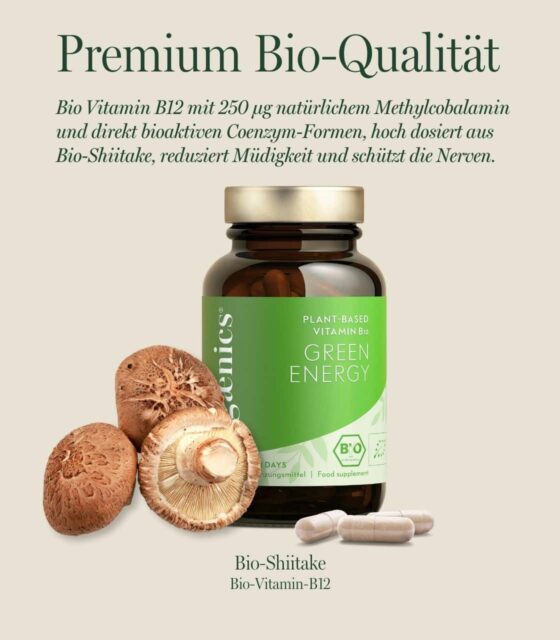
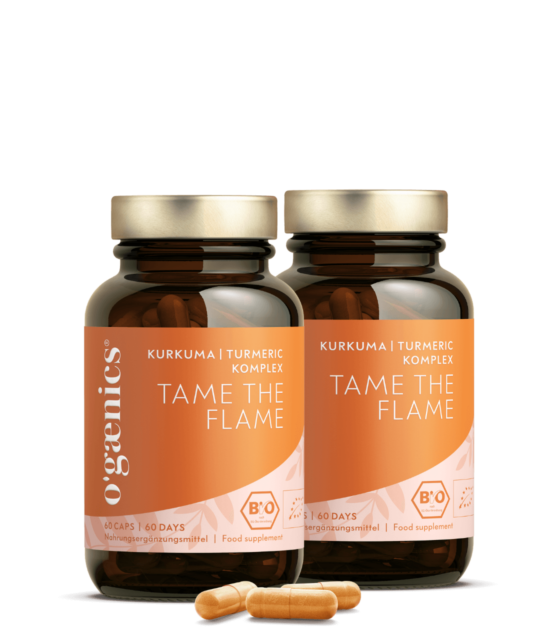
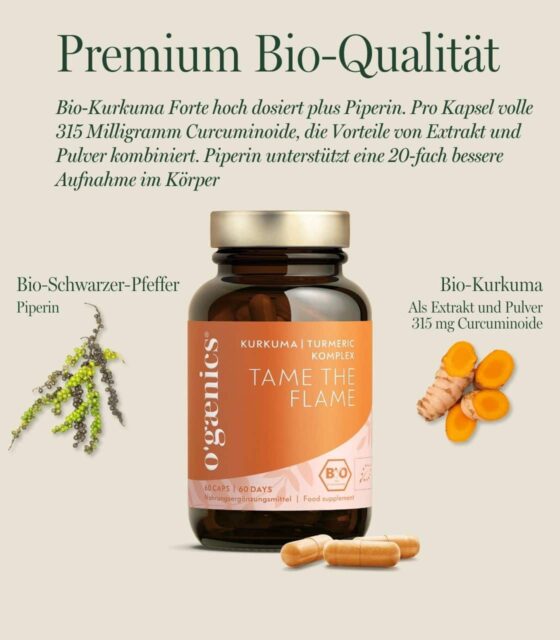
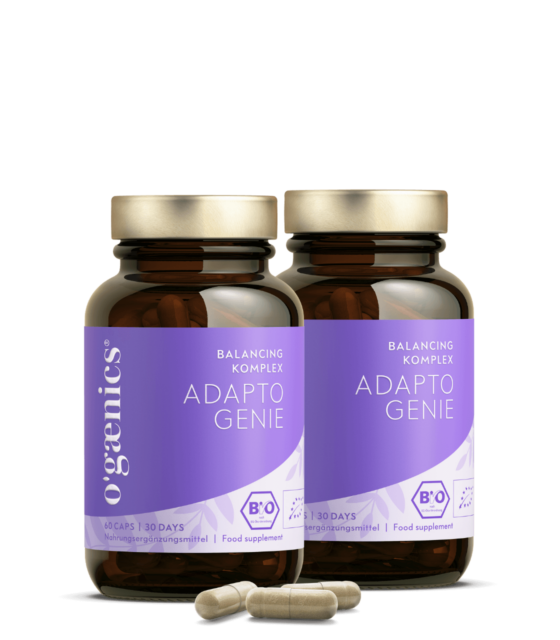

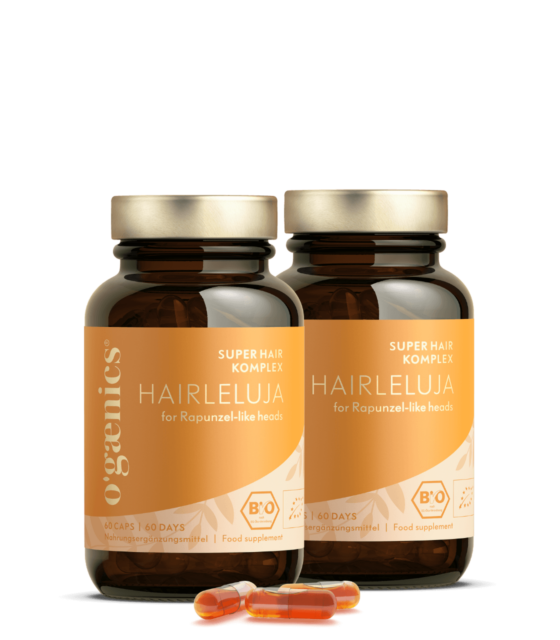
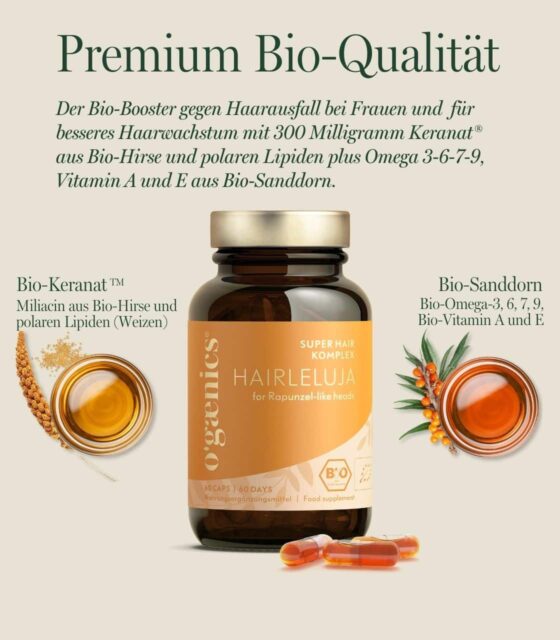
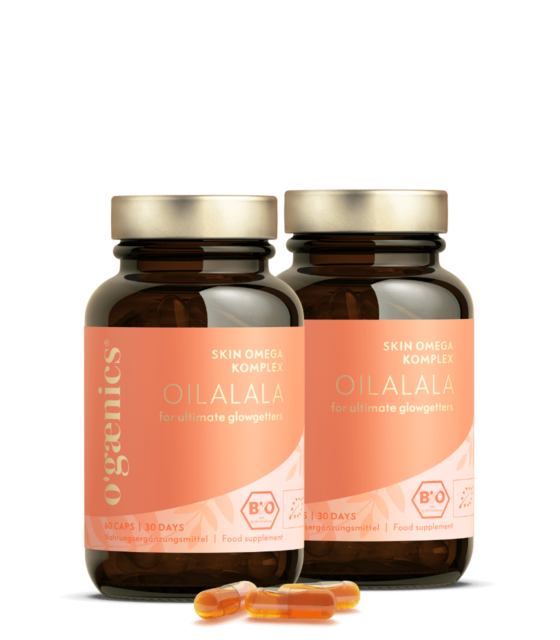
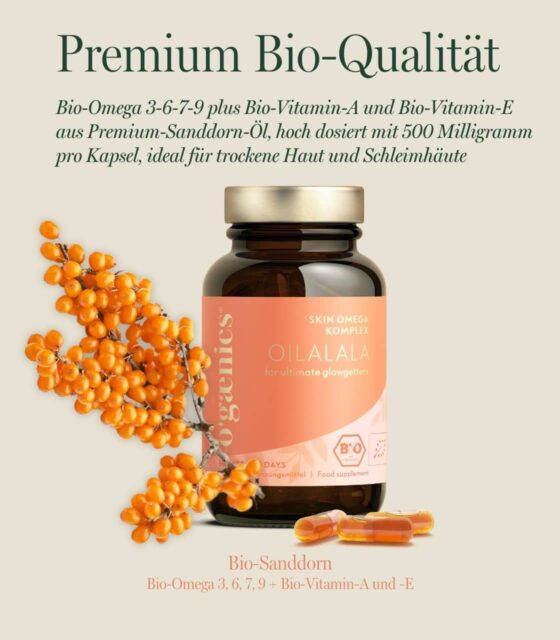
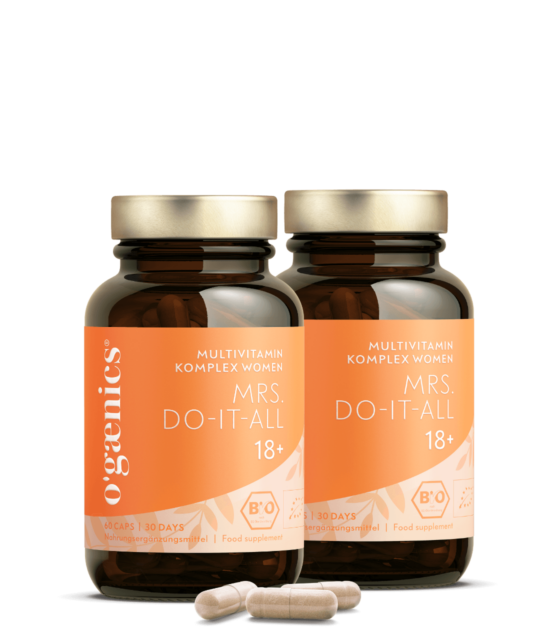
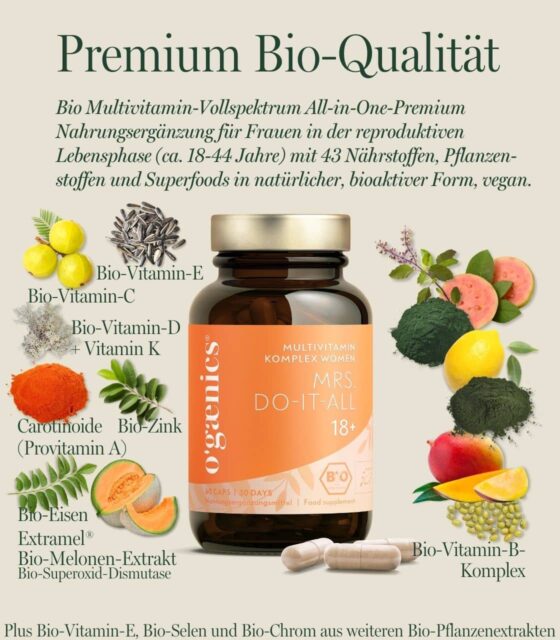
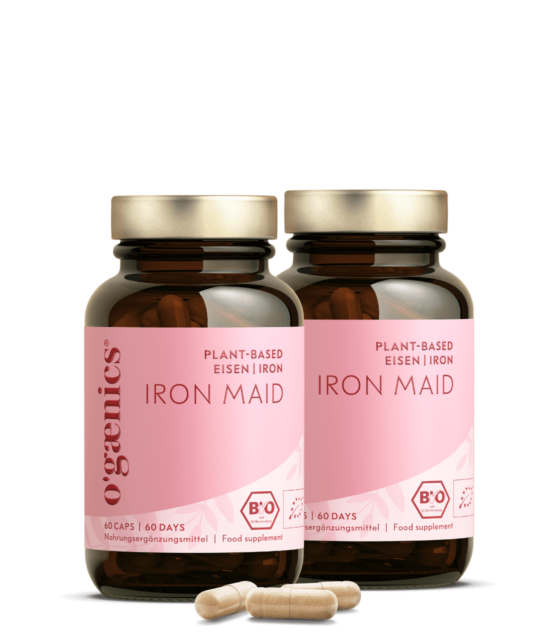
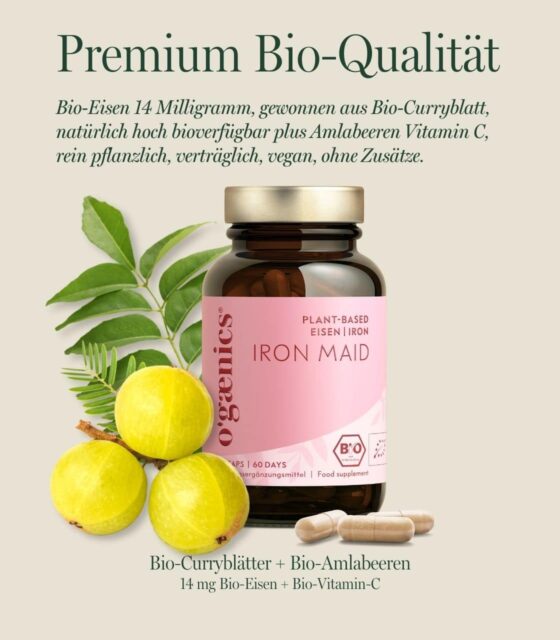
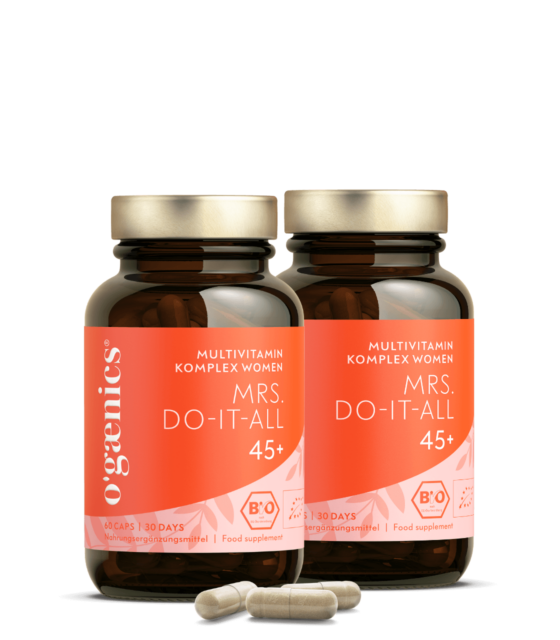
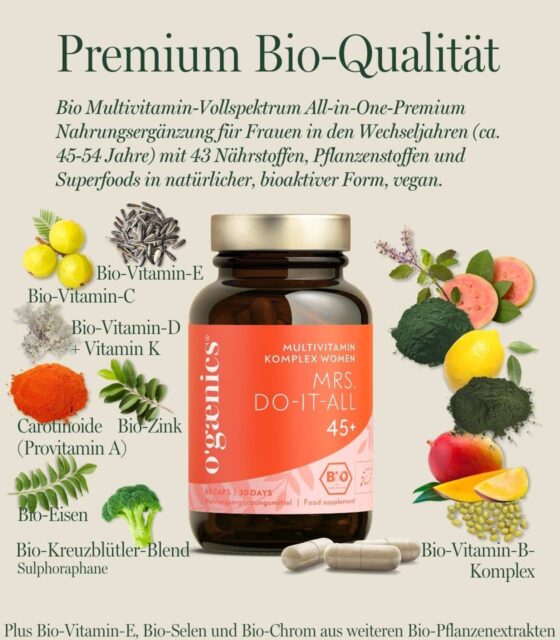
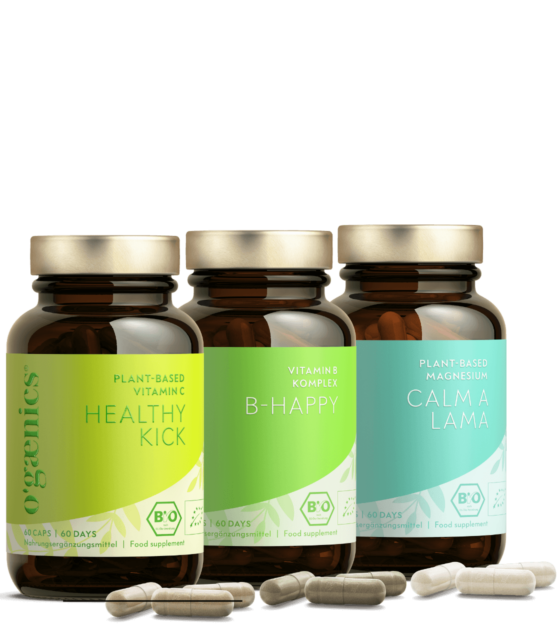
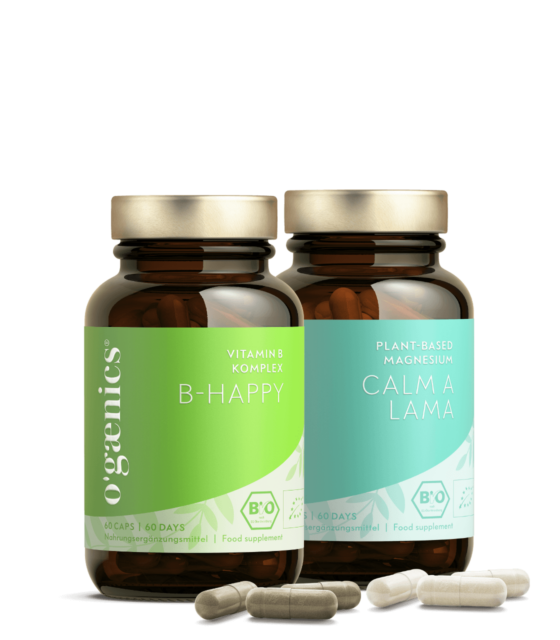
 No products in the cart.
No products in the cart.
Reviews
There are no reviews yet